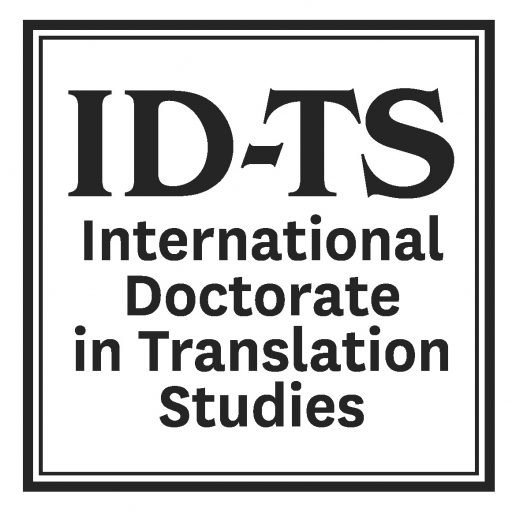Management skills
– Manage time and stress; demonstrate self-discipline; manage intermediate milestones and prioritization of activities
– Manage research with motivation, self-reflection, awareness, creativity, openmindedness, curiosity, integrity, flexibility (manage projects with uncertain outcomes in diverse settings and organizations)
Information mining skills
– Identify, select and access appropriate bibliographical resources, archives, and other sources of relevant information (acquisition and collection of information through the effective use of appropriate resources and equipment)
– Use information technology for database management, recording and presenting information
– Learn from other disciplines
Collaboration skills
– Identify one’s own training needs and knowledge gaps
– Be able to network and develop working relationships with supervisors, peers, colleagues within one’s own institution, as well as the wider research community
– Be able to work effectively in a team in an interdisciplinary, international and intercultural context
Intellectual/ethical skills
– Criticize and intellectually defend solutions (use critical judgment in an objective manner based on verifiable evidence) on the basis of sound methodology
– Resolve problems involving professional and research ethics
– Demonstrate awareness of issues relating to the rights of other researchers, of research subjects, and of others who may be affected by the research, e.g., confidentiality, ethical issues, copyright, ownership of data, plagiarism.
– Read scientific literature critically (think analytically and synthetically in order to formulate original research questions, draw inferences from data, construct consistent argumentation, and elaborate self-criticism)
– Develop awareness of the scholar’s role in society
Communication skills
– Communicate academic arguments and complex concepts with consistency, precision and explicitness; present logical thinking and evidence; defend research outcomes effectively (transfer new knowledge to scholarly communities and non-specialists)
– Write academic papers, using appropriate citation skills and presenting information coherently and cohesively
– Use technologies and mark-up languages to create content for presentations and other means (including digital) of disseminating research and knowledge
– Speak and present effectively in public
– Summarize, document, report and reflect on progress in research
– Present skills, personal attributes and experience effectively in CVs, applications and interviews
– Plan and write successful funding applications
– Organize workshops, meetings and conferences


